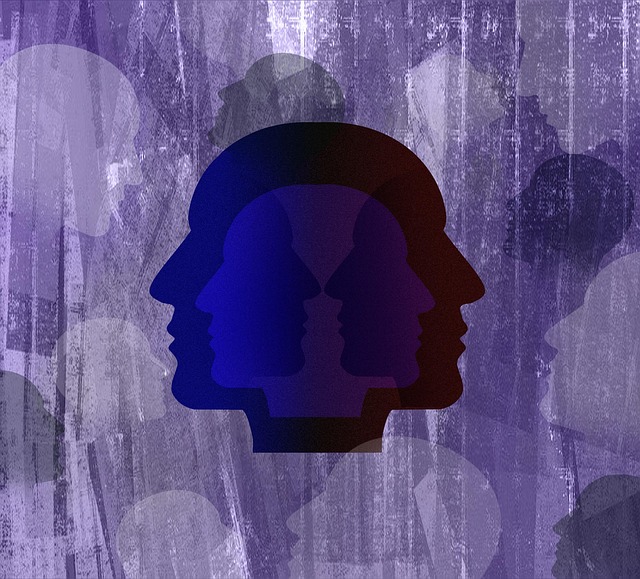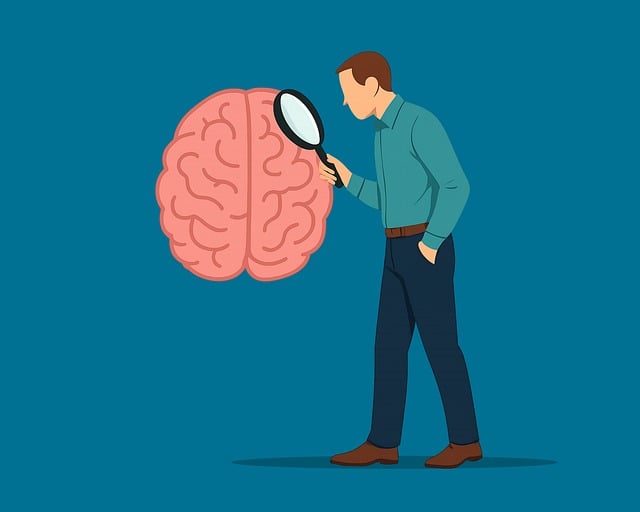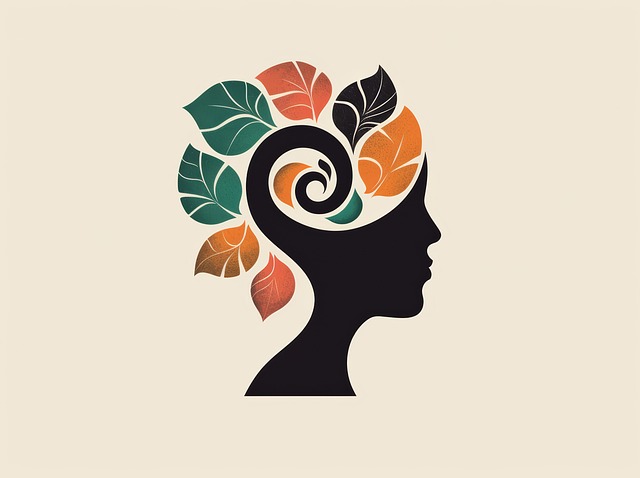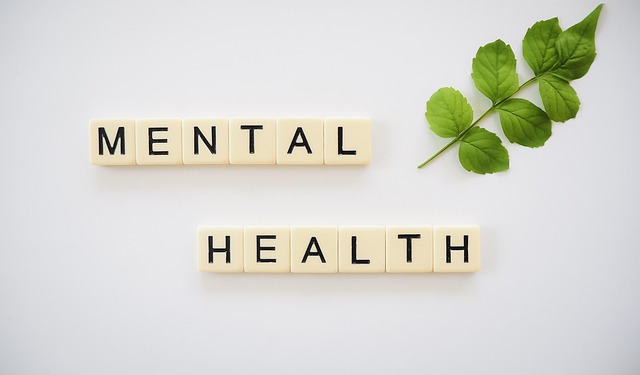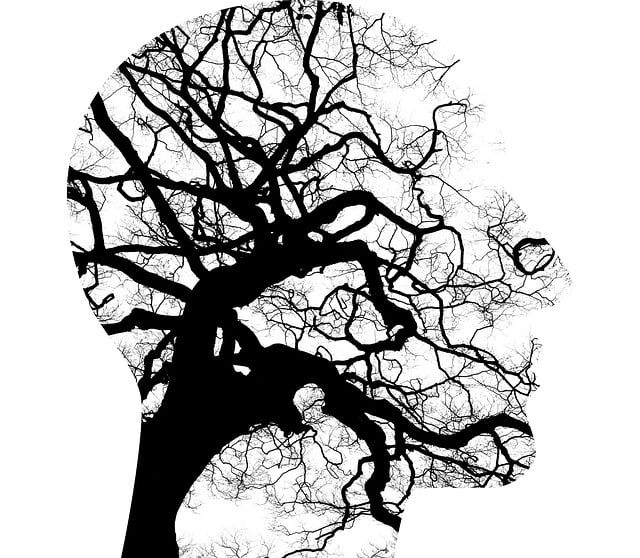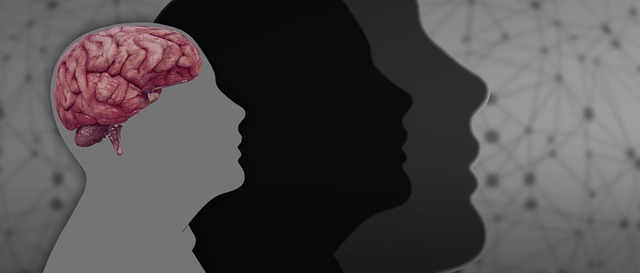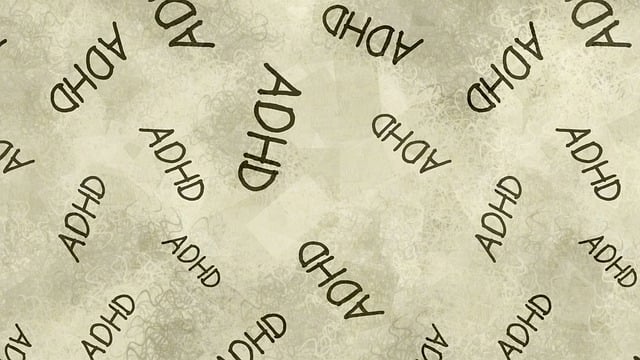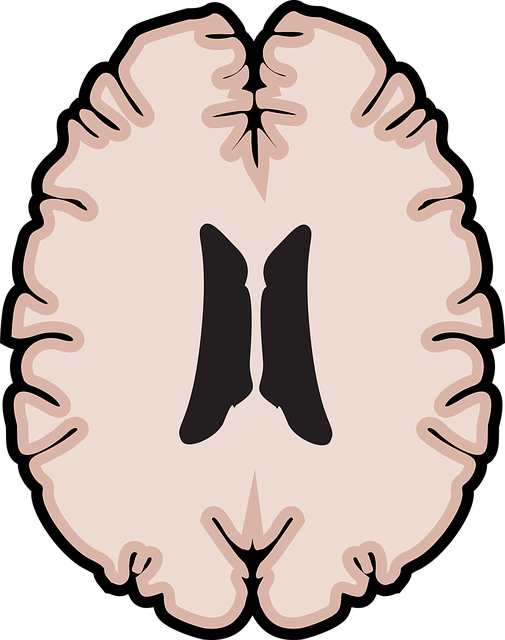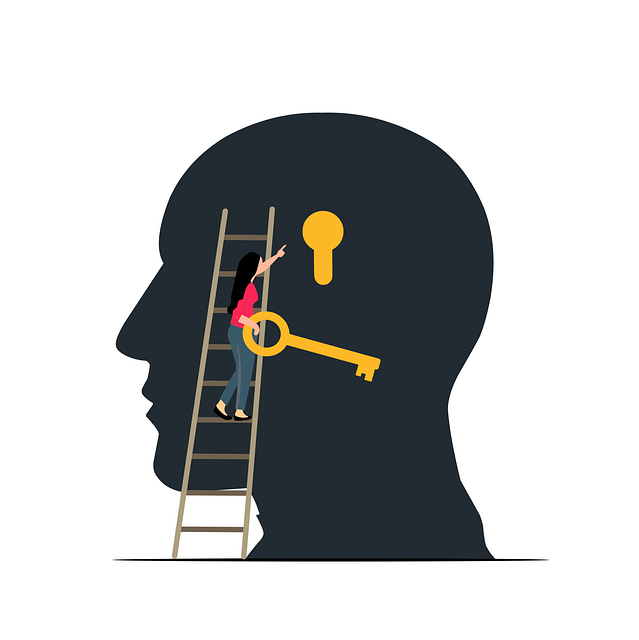Elderly individuals with learning disabilities require specialized self-care support due to challenges in daily tasks and communication, which impact mental health. Effective therapy focuses on inclusive environments, tailored Mental Health Education, Compassion Cultivation Practices, and regular assessments for a holistic approach. Advocacy for Mental Health Policy ensures these seniors receive necessary support within healthcare systems, enhancing their quality of life. Customized sessions, mindfulness techniques, and Mind Over Matter principles improve mental well-being, while tailored education programs and trauma support services empower them to navigate challenges independently. Self-care strategies from Therapy for Elders Learning Disability increase independence and prevent depression, fostering inner strength and a positive mindset.
“Enhancing self-care practices is paramount in ensuring the well-being of elderly individuals with learning disabilities. This article delves into three key areas: understanding unique care needs, implementing effective therapy strategies, and promoting independence. We explore how tailored therapeutic approaches can significantly improve quality of life for this demographic. By fostering self-reliance, we aim to highlight innovative ways to navigate the challenges associated with aging and learning disabilities, ultimately enriching their daily experiences.”
- Understanding Elderly Self-Care Needs with Learning Disabilities
- Strategies for Incorporating Effective Therapy Practices
- Fostering Independence and Enhancing Quality of Life Through Self-Care
Understanding Elderly Self-Care Needs with Learning Disabilities

Understanding the self-care needs of elderly individuals with learning disabilities is a specialized and crucial aspect of geriatric care. These individuals often face unique challenges that require tailored support and strategies to maintain their physical, emotional, and cognitive well-being. Learning disabilities can manifest in various ways, affecting daily tasks and communication, which in turn impact overall mental health. Therefore, adapting self-care practices to accommodate these specific needs is essential.
Therapy for elders with learning disabilities should focus on creating inclusive environments that encourage participation and autonomy. Mental Health Education Programs Design tailored for this demographic can empower them to recognize and manage their well-being. Incorporating Compassion Cultivation Practices and regular mental health assessments as part of a holistic approach can significantly enhance their quality of life. Additionally, Mental Health Policy Analysis and Advocacy play a vital role in ensuring these individuals receive the necessary support and resources within healthcare systems.
Strategies for Incorporating Effective Therapy Practices

Incorporating effective therapy practices into daily routines is a powerful tool for seniors with learning disabilities to enhance their overall well-being. Customized therapy sessions can focus on developing coping mechanisms tailored to individual needs, fostering resilience and self-reliance. Starting with simple techniques like mindfulness meditation or engaging in creative activities can significantly contribute to mental health improvement. These practices not only provide a sense of calm but also stimulate cognitive function, which is particularly beneficial for seniors.
Therapy for Elders Learning Disability should encompass holistic approaches, such as incorporating Mind Over Matter principles, where positive thinking and self-talk are encouraged. Mental Health Education Programs Design tailored for this demographic can equip them with valuable skills to navigate challenges and promote independent living. Trauma Support Services, when integrated into these programs, can offer a safe space to process emotions, ensuring seniors feel supported and empowered in their journey towards improved self-care practices.
Fostering Independence and Enhancing Quality of Life Through Self-Care

Self-care is a transformative practice that holds immense potential for older adults with learning disabilities, offering a path to increased independence and enhanced quality of life. By prioritizing self-care, individuals can develop inner strength and resilience, which are crucial in navigating the challenges they may face. Therapy for Elders Learning Disability can play a pivotal role in this journey by teaching adaptive strategies and promoting independent living skills.
Fostering independence means empowering these individuals to manage their daily routines, make informed decisions, and take control of their well-being. Through self-care practices, such as structured routines, stress management techniques, and mindfulness exercises, they can improve their mental health, including depression prevention. Mind over matter principles become powerful tools, encouraging a positive mindset and fostering a sense of empowerment, which is essential for building inner strength development.
By understanding the unique self-care needs of elderly individuals with learning disabilities, we can develop tailored strategies that incorporate effective therapy practices. Fostering independence and enhancing quality of life through these self-care initiatives not only benefits the individual but also enriches their overall well-being. Implementing these practices, coupled with ongoing support, can significantly improve outcomes for those navigating the challenges associated with aging and learning disabilities. This holistic approach ensures a better tomorrow for elderly individuals, promoting autonomy and a fulfilling life.


